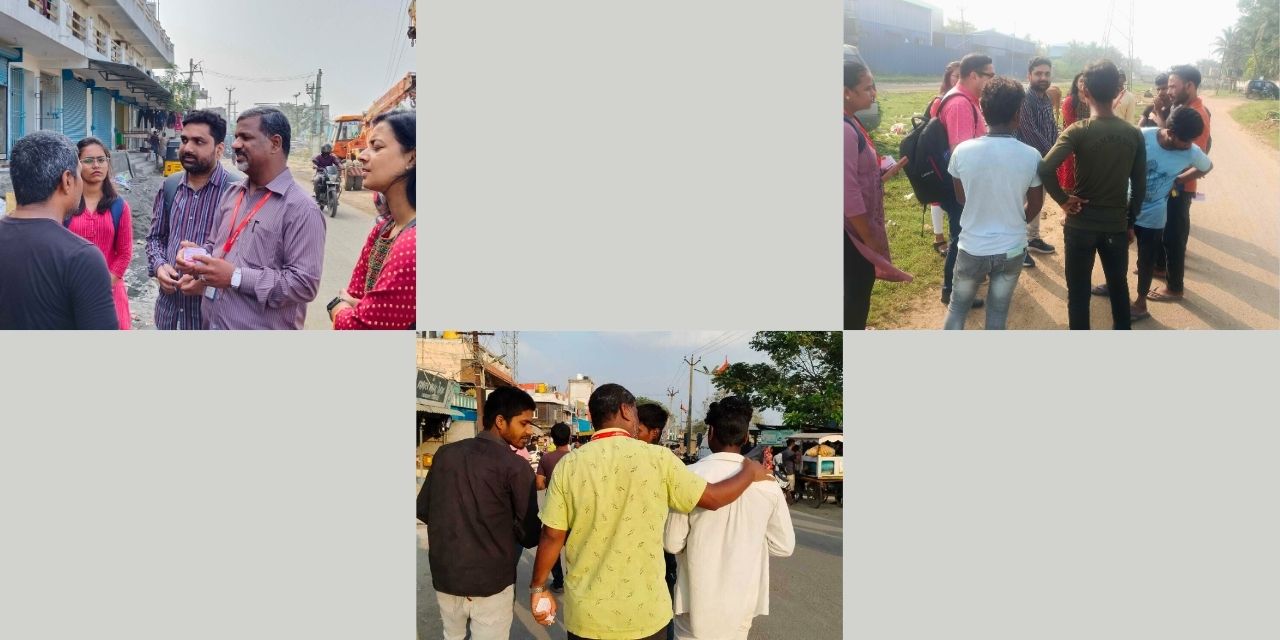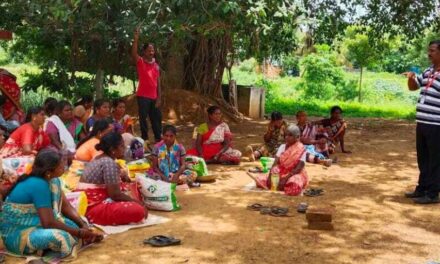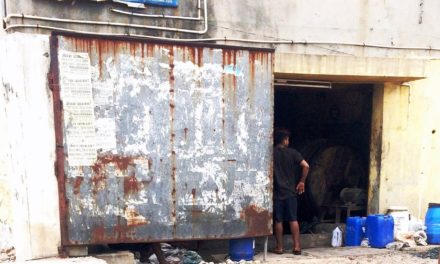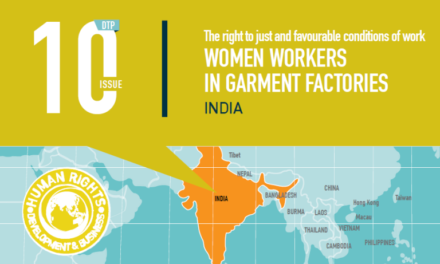A Glance Into The Lives Of Workers With Bite-Sized Stories From Factories, Homes & Communities. A Cividep -India Labourline team rescued expolited migrant workers in Tamil Nadu. Meanwhile Worker Education Enabled Electronics Workers in Tamil Nadu In Acessing their Right To Health Protection , While Leather Homeworkers Stood Together To Demand Fair Pay. Also Read Learnings From A Cividep Team Conducting In-Factory Research on Occupational Health of Its Garment Workers.
Worker Support
Justice For Expolited Workers: Venu and Maithri (name changed) are two young women from Jharkhand, who came seeking work at an apparel knitting mill in Coimbatore, Tamil Nadu. They were however abandoned by their job contractor, who had taken them to their workplace in November 2023 . Consequently, the mill restricted their movement, denied them leave, proper rest, and withheld wages.
Thankfully, the women reached out to the Chennai State Facilitation Center (SFC) of the India Labour Line, run by Cividep (team’s worker outreach pictured above). The SFC first approached the agent who supplied them with workers. They inquired about licenses, agreements with the company, and processes for worker orientation. It was found that the agent did not posess the adequate papers.
Post this, the SFC then approached the mill’s HR personnel regarding recruitment policies, especially for young migrant women. This exposed the lack of legal documentation of their recruitment practices. Due to this, the mill agreed to unconditionally release the two young women and pay their pending wages.
This case, however, exposed several concerning practices. Several mill staff were acting as individual manpower suppliers, and recruiting workers through agents for a fee. It also highlighted a worrying rise in restrictive labour practices, particularly impacting young migrant women.
Worker-Centric Research
What is the impact of endless social audits on garment factories? During a visit to a garment factory in Tamil Nadu supplying to an international brand, a Cividep team found that factory officials were disillusioned. “There is no incentive to get a good grade in social audits,” said an official. Add to this the significant cost burden (Rs. 3-4 lakhs per audit) borne by suppliers.
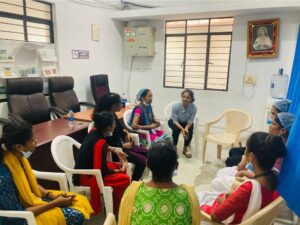
The Cividep team, comprising Antony Raju, Kaveri M.T, and Dr. Sapna Mishra, visited the factory as part of a collaborative health study with the brand. The study aims to understand the health challenges faced by female garment workers. Many workers who spoke to the team as part of the research reported participating in as many as 30 audits a year. Due to this, the team also faced challenges in obtaining genuine feedback from workers. “Interviews conducted within the factory walls yielded less candid responses compared to those obtained in workers’ homes and communities,” reported Antony .
Breaking through layers of pre-programmed responses and limited engagement required persistent efforts. However, some of the factory staff provided important inputs regarding workers’ health. For e.g., a factory HR staff member had this to say: “We need to provide more nutritious food such as sprouts and soups to workers, and brands need to take note of this.” Most workers at the factory are inter-state migrants from North India and face issues such as dizziness, fatigue, and anemia. Some workers also reported their reluctance to take leave during the menstrual period as they had to pay for lodging at their factory-provided hostel on the days they did not work.
Worker Education
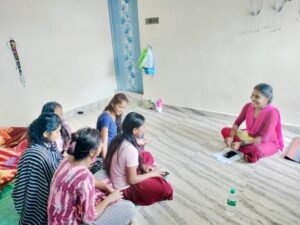 Right to Health: Two electronics factory workers in Sriperumbudur, Tamil Nadu successfully applied for their Employee State Insurance (ESI) E-Pechan cards. They are now receiving medical treatment under the state health insurance scheme. They were made aware of this after attending Cividep’s study circles on social security benefits, at its local Worker Resurce Center in the electronics hub of Sriperumbudur, Tamil Nadu (as shown in pic). One worker is currently undergoing treatment for thyroid issues at the ESI dispensary in Sriperumbudur. Another worker utilised her ESI card for a major surgery for her father at the main facility in Chennai. Cividep’s field staff have been educating workers about how ESI is not just medical insurance but a fundamental worker right and vital safety net to prevent debt traps.
Right to Health: Two electronics factory workers in Sriperumbudur, Tamil Nadu successfully applied for their Employee State Insurance (ESI) E-Pechan cards. They are now receiving medical treatment under the state health insurance scheme. They were made aware of this after attending Cividep’s study circles on social security benefits, at its local Worker Resurce Center in the electronics hub of Sriperumbudur, Tamil Nadu (as shown in pic). One worker is currently undergoing treatment for thyroid issues at the ESI dispensary in Sriperumbudur. Another worker utilised her ESI card for a major surgery for her father at the main facility in Chennai. Cividep’s field staff have been educating workers about how ESI is not just medical insurance but a fundamental worker right and vital safety net to prevent debt traps.
Solidarity & Leadership
Negotiating Fair Pay: In Periyankuppam village, Ambur, Tamil Nadu, a group of home-based workers negotiated with their agent to raise the piece rate for hand stitching leather shoes by Re 1 per pair. Previously, the workers were earning Rs. 17 per pair. The women workers pointed out that the piece rate for uppers had remained unchanged since Covid-19. Consequently, they insisted that the agent increase the rate, stating that they would not continue working otherwise. Eventually, the agent agreed to the new rate of Rs. 18 per pair.
This follows on the heels of similar action by another group of homeworkers from Thuthipet panchayat in Ambur district (as reported in Field Diary March 2024). The ongoing industry-wide slowdown in Ambur’s leather hub that has reduced work orders that these homebased workers receive from local shoe factories. All these homeworkers are members of a 600-member strong homeworkers’collective that is challenging perceptions of homebased work, by organising women at the village level. Besides negotiating better pay with contract aganets, they are also involving themselves with local civic bodies such as the panchayats.
(Updates: Kohila Senbagam, Gokhularaj R, Kaveri M.T, Antony Raju)

